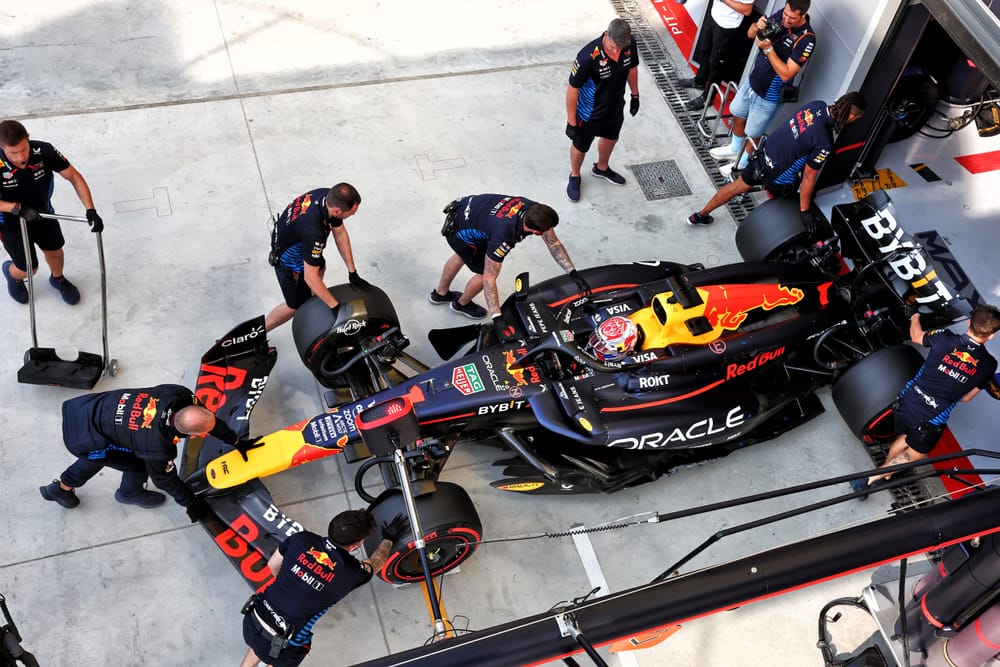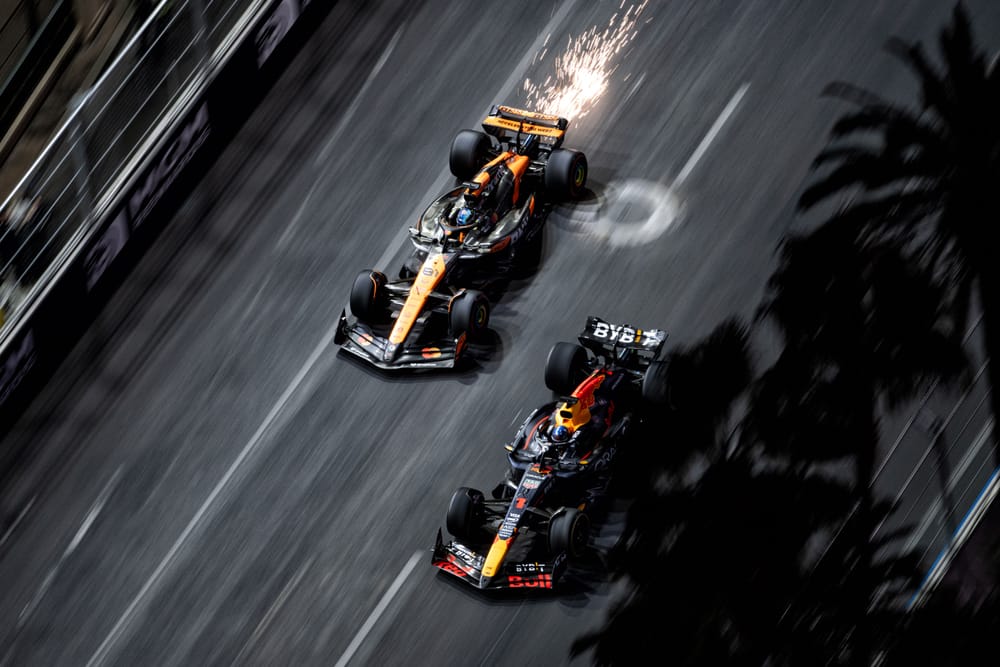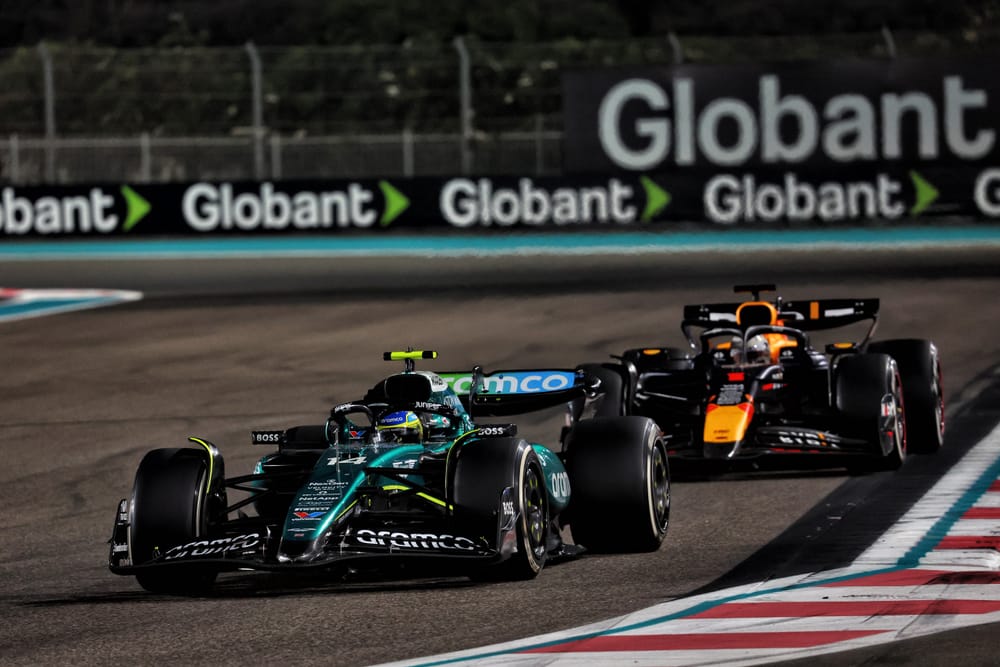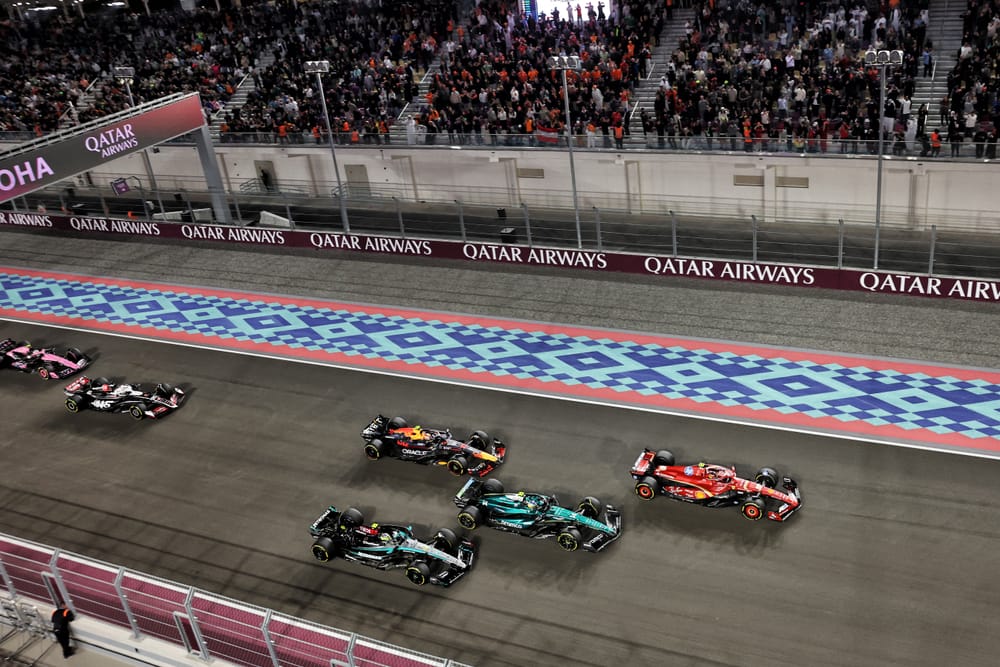Max Verstappen is at the peak of his powers, with four Formula 1 titles on the spin, and unparalleled number one driver status within his team – yet his outlook for 2025 is reserved.
At least, it should be unless something over the last few weeks has completely transformed his view of Red Bull’s competitive situation.
Yet another championship success last year papered over a lot of cracks that emerged at F1’s erstwhile dominant force of this rules era. Red Bull was overhauled in the constructors’ championship and Verstappen fought more of a rearguard action in his own title pursuit than anybody had expected earlier in the year.
Hence, after the season finale in Abu Dhabi, Verstappen would only say of the prospect of a four-team title battle in 2025: “It depends a lot on how you develop throughout the winter, because I hope to be in that fight.
“But we have a lot of work to do, for sure.”
Verstappen framed it very much as Red Bull needing to get into the championship picture this year. It is not a given. And that reflects the situation Red Bull found itself in last year.
What was arguably Verstappen’s best title yet didn’t solve a few serious problems that have been piling up for Red Bull. Last year, a lot of cracks emerged throughout an intense, controversy-filled season for Red Bull off-track and an increasingly difficult one on it.
What's really weakened Red Bull?
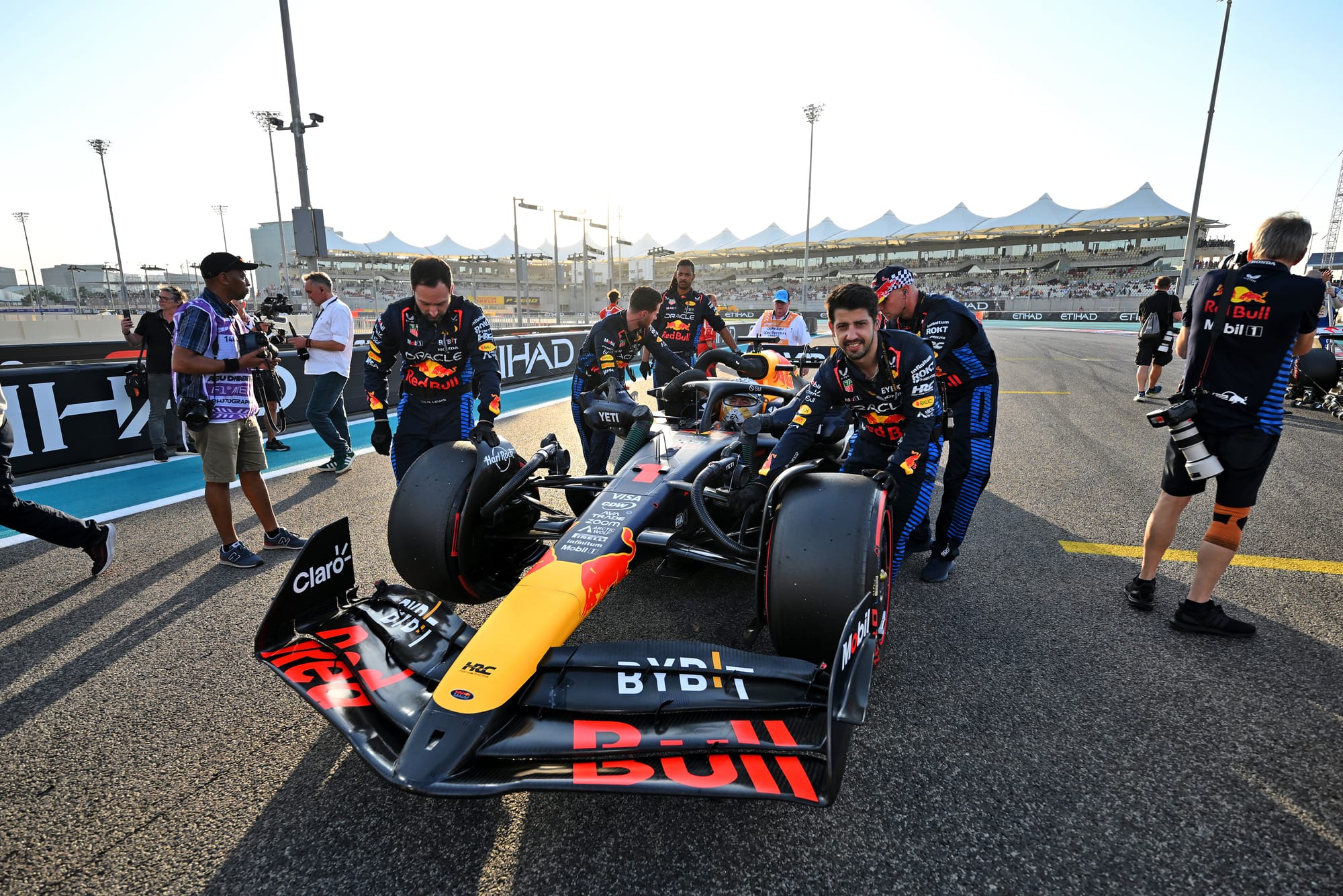
Verstappen did a fantastic job managing the 2024 title fight even after Red Bull’s performance advantage started to disappear a quarter of the way into the season.
As dominant as the early run of races were, including Miami which Verstappen would have won without the safety car that swung the race to Lando Norris, it was really only that first quarter of the season when Verstappen looked comfortably in control.
By that measure, Verstappen spent more of 2024 without the fastest car than with it. He knew that, which is why even though he was willing to go all-in on 2024 damage limitation with his team at the track and back at the factory, he will also have been demanding longer-term improvements.
There is no question Verstappen was asking Red Bull ‘Do we really know why it started to go so badly, and how do we fix it?’. For a while, Red Bull did not seem to have a clear answer to that. Hence it started to point the finger more at others gaining an advantage unfairly.
One thing Red Bull was quietly confident of by the end of the year was that its relative pace improvement showed it had gone on top of the balance issues that had so badly held it back at times during the season.
But the suggestion is that getting the car to be a little friendlier came at the cost of the package’s ultimate potential and was necessary because of the time and cost restrictions faced trying to develop its way out of trouble in-season.
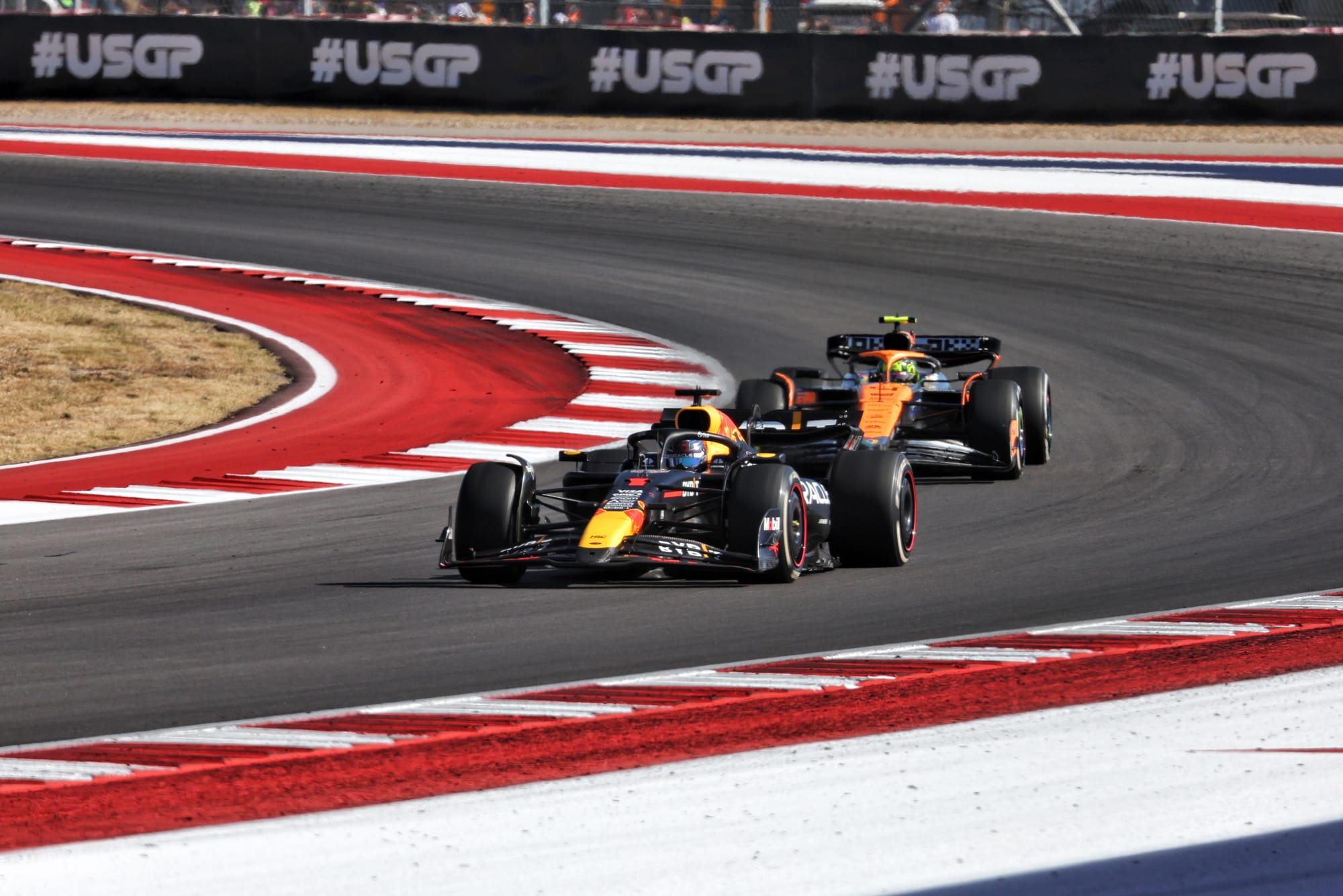
Essentially, Red Bull mitigated what it could to limp over the line in 2024 and can address the problems better with bigger changes to the car for 2025.
What Verstappen’s 2024 title didn’t answer is whether Red Bull was scrutinising itself as much as it claimed, was looking in the right places, truly understood its own problems or had the means to address them.
Horner likes to refer to its windtunnel as “a relic of the Cold War”, for example. There have been some correlation problems in development and wrong decisions being taken back in 2023. So are Red Bull’s tools, or processes, fundamentally limiting its progress for now?
The answer will only materialise this year.
A target on its back?
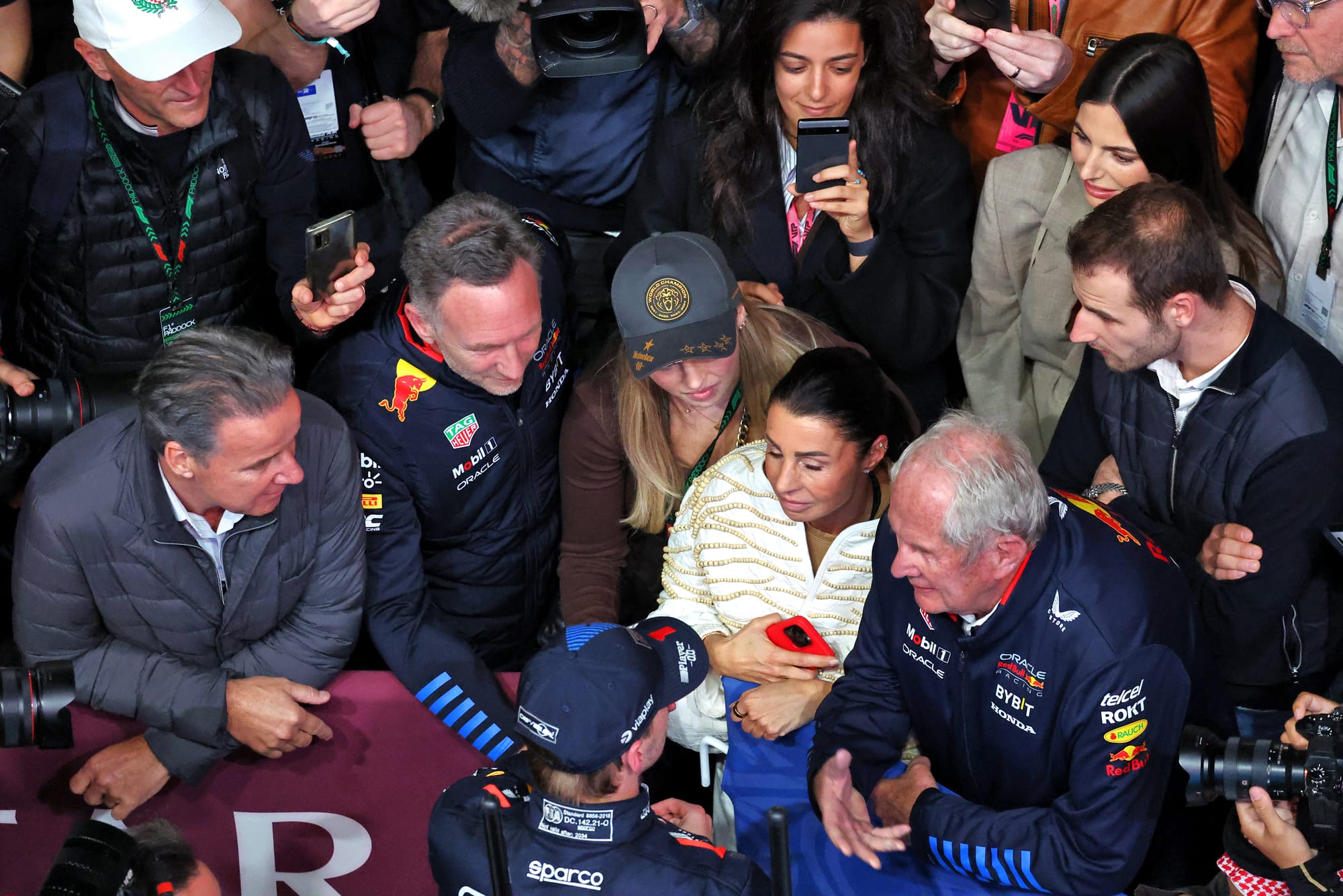
Red Bull has often thrived by feeling like it’s 'us against the world'. That has been a powerful tactic deployed by Horner at various points to get his team united in the face of adversity.
Red Bull certainly felt more under siege than ever last year.
“One of the less pleasant sides of the business is the lengths that will be gone to, to try and capitalise on other issues in other teams,” said Horner in late 2024.
“You have to remember, we came off a season where we didn't just dominate, we annihilated the opposition in 2023. We won 22 out of 23 races.
“The higher you rise, the sharper the knives. And they got pretty sharp at some points during this year.”
Red Bull was convinced that the performance swing in-season was too great to be explained by others simply doing better in the development war.
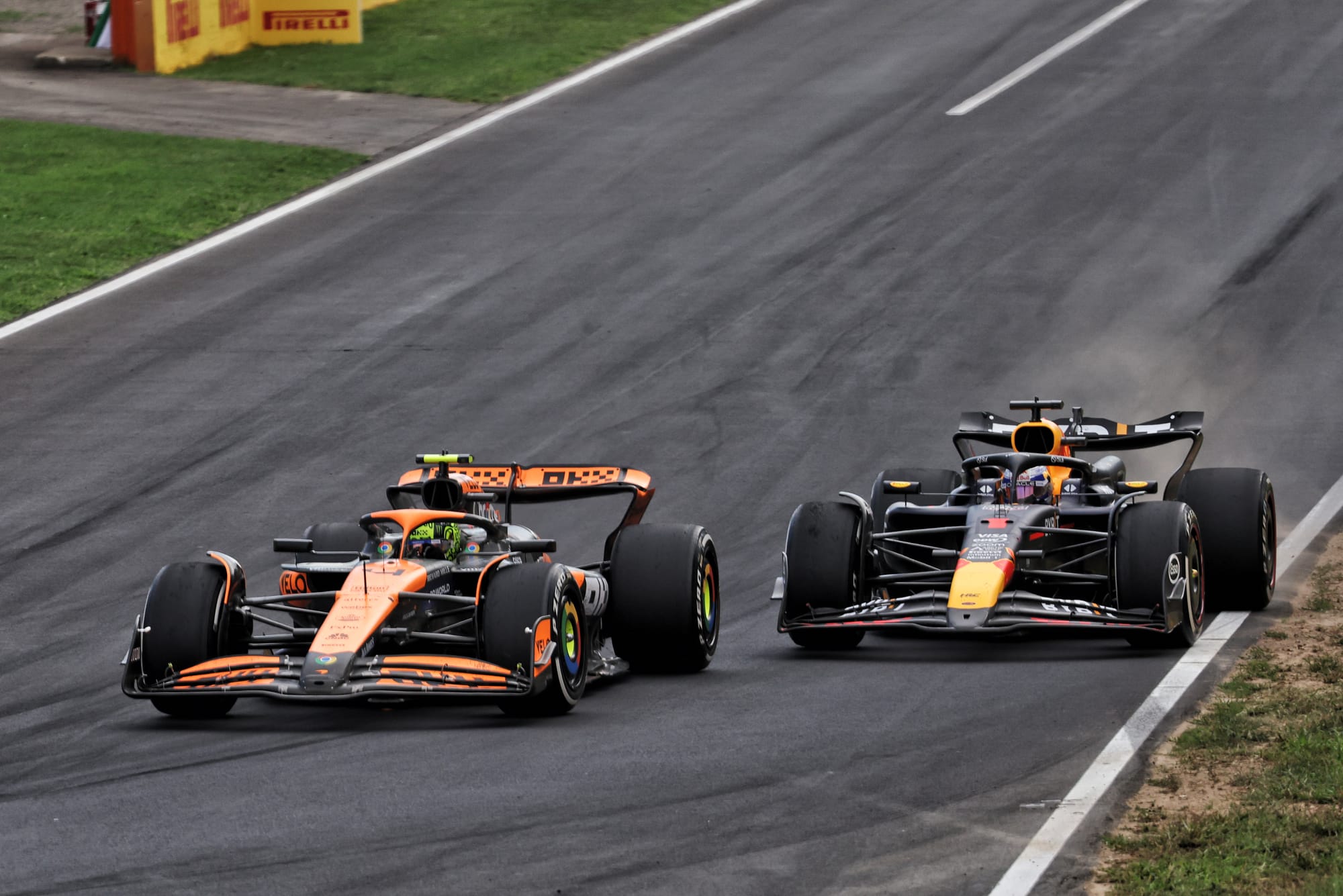
One of the inferences is that McLaren and others were allowed to get away with things for longer because there’s been a desire from F1 and the FIA to encourage a championship fight.
Then Red Bull was sure there was evidence of shifts in the pecking order due to rivals being pulled back on flexi wings and tyre cooling tricks in the latter stages of the season. It then felt further vindicated by the FIA subsequently drawing a line under its controversial ride height adjustment device.
Animosity and accusations don’t vanish overnight. If Red Bull still felt targeted beyond how much the leading team is usually in the firing line, that paranoia could linger.
And on the off chance Red Bull’s right, because there’s no evidence of direct or indirect interference to hold this team back or lift others up, does that target stay on the team’s back this season?
Problematic key exits
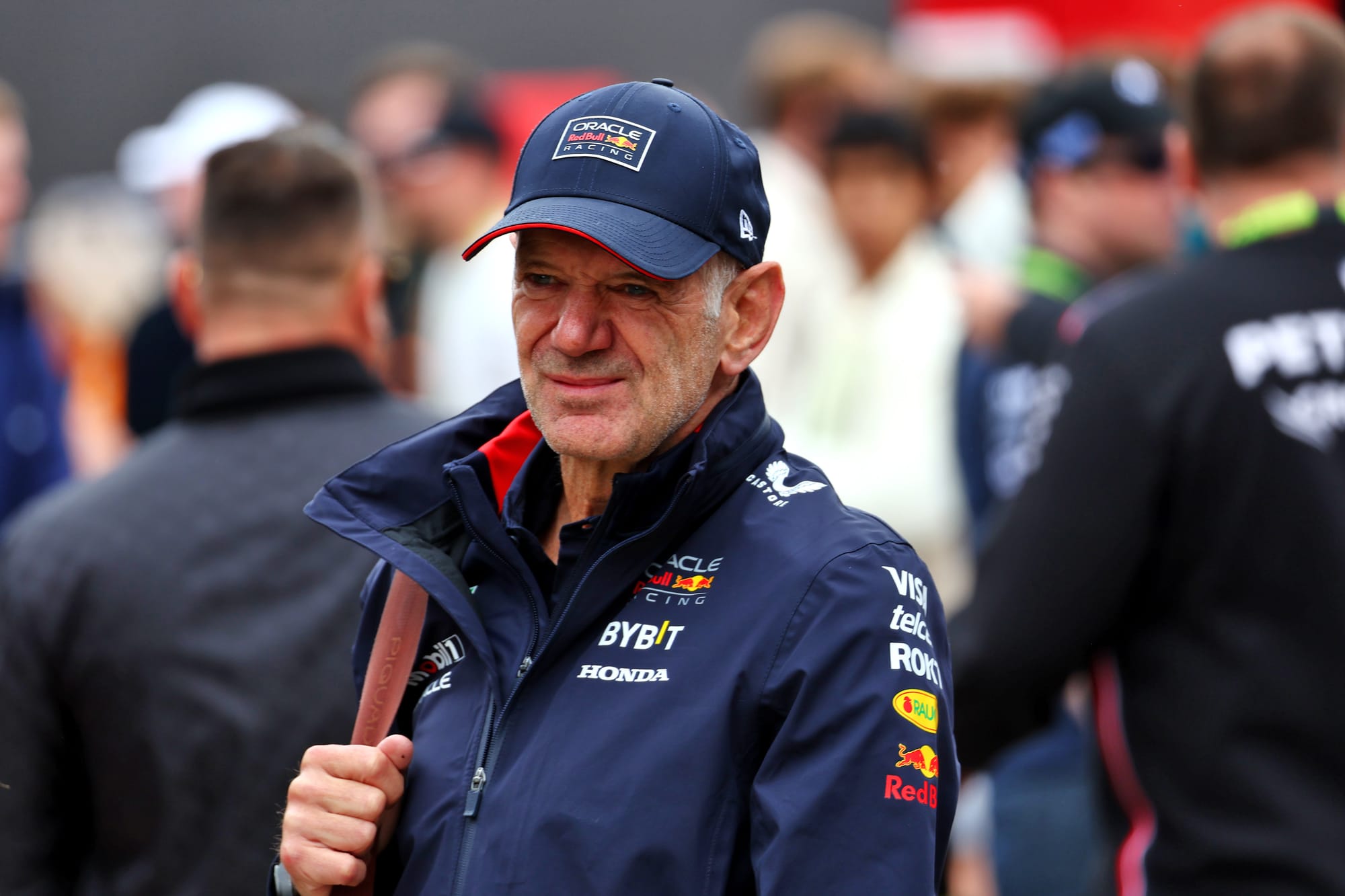
Red Bull’s personnel losses mounted over 2024.
Adrian Newey, widely regarded as F1’s greatest technical mind, was sidelined ahead of his move to Aston Martin early this year.
Influential sporting director Jonathan Wheatley, responsible for running the trackside team, is departing to become team principal at Sauber ahead of its Audi era. He’ll depart in April.
And 2024 arch-rival McLaren has swooped for Red Bull’s chief strategist Will Courtenay, a move that will eventually weaken Red Bull and should sharpen up McLaren in one of its current problem areas.
There’s a broader issue here in how this exodus of top talent fits into Jos Verstappen’s warnings from early 2024 of Red Bull imploding under Horner’s leadership. That was back when Horner’s own controversy erupted around the time of extensive in-fighting at Red Bull.
In terms of the short or medium-term performance consequences, one of the most commonly asked questions by fans last year was whether Newey’s exit had something to do with how Red Bull declined.
Correlation doesn’t equal causation. Red Bull insisted Newey was not even heavily involved in the RB19’s design. If that is true, why would his reduced role make a difference? And why would it be felt so quickly?
But you could also argue that if Newey was not influential on the 2024 car and the different design choices Red Bull made, maybe that was part of the problem. Maybe Red Bull would have avoided missteps if Newey had been more involved.
Newey himself believes a lack of technical experience was a big factor behind Red Bull's performance decline.
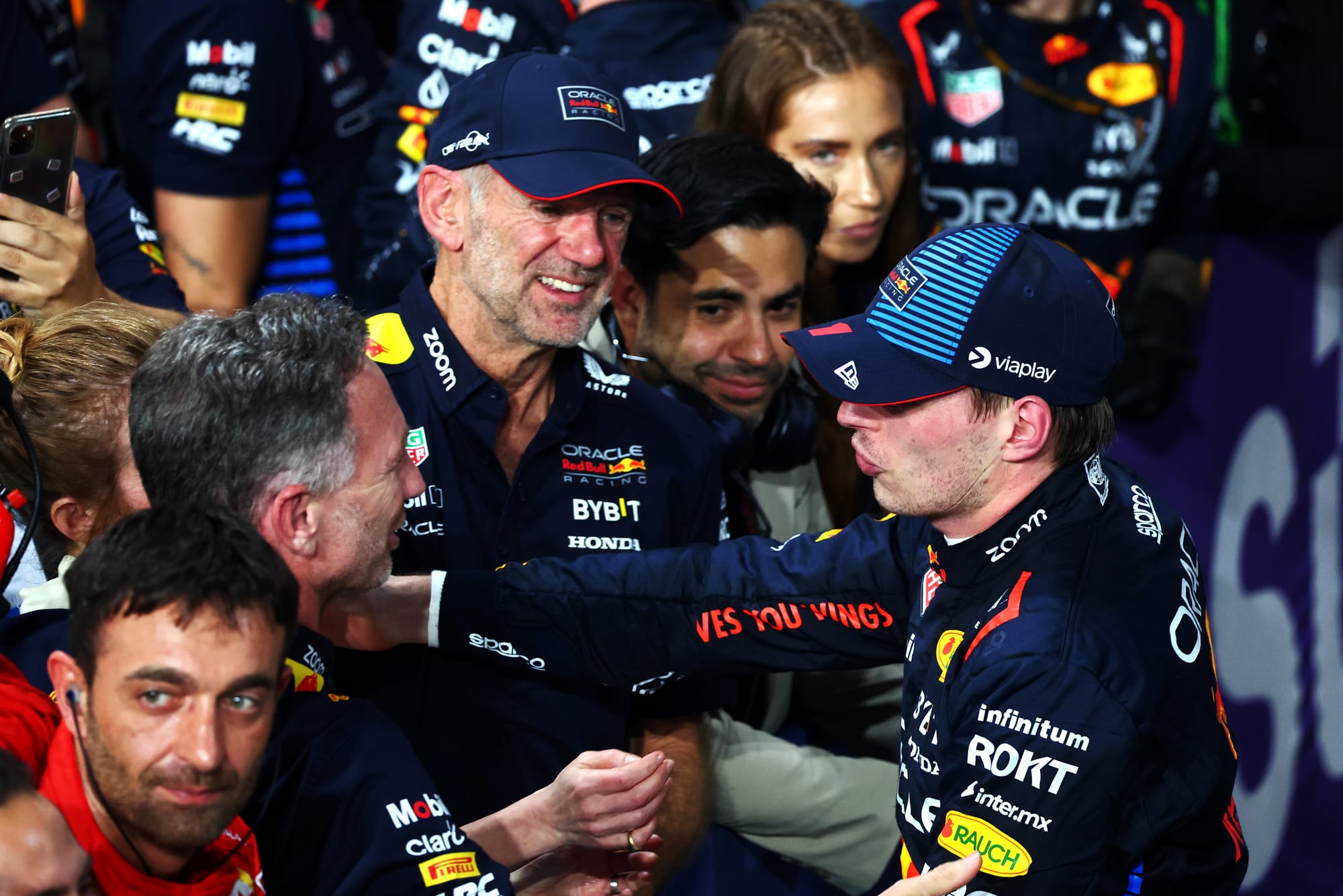
Either way, he was not around to troubleshoot problems during Red Bull's decline. And his multi-dimensional thinking and experience would be invaluable with that. Horner even admitted to The Race late last year that it took a little while for the technical team to work out how best to approach the solution without Newey’s input.
There is now an emerging doubt about how well Red Bull can manage such important transitions. It is restructuring its trackside set-up for 2025, a new set-up believed to have been key to keeping Verstappen’s race engineer Gianpiero Lambiase happy, as he’ll be dovetailing that job with a broader role as ‘head of racing’ too.
Horner calls that “evolution” and believes the faces moving into new places “bring a renewed enthusiasm and determination and commitment”. He also claimed that “as a company we have less than 4% turnover in our staff, which is way-way-way below any national average or any average of any UK-based company - I would think it's probably lower than any team in Formula 1”.
Still, Red Bull’s having to confront the inevitable: rejig the pieces as an all-conquering team gets broken up. So, will it work: and will it keep the Verstappen camp satisfied?
Intra-team tensions
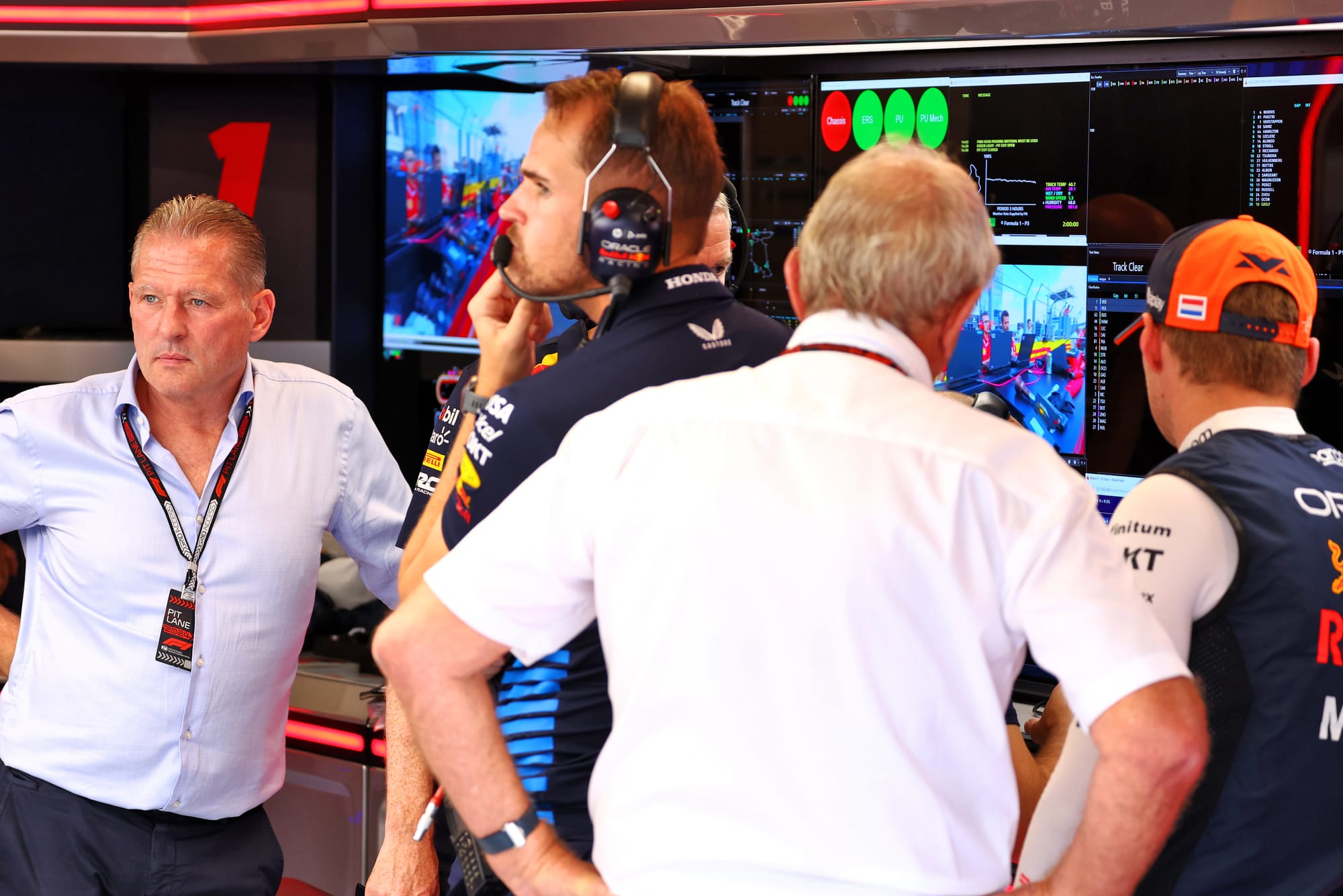
If Red Bull starts the new season how it spent the second half of last year, then Verstappen will be consigned to being the underdog. And that could come at a price.
It can’t be assumed that Verstappen’s quality performances and Red Bull’s robustness as a race team, being razor-sharp on strategy and race execution, can be replicated with the same result – the title - if it spends all of 2025 without the fastest car.
Building and then defending a points lead, as was the case last year, is one thing. Starting on the back foot is another. And even what Verstappen managed to achieve in 2024 came with a lot of tension.
Verstappen’s father Jos was never shy about expressing frustrations with team leadership. Max himself has had plenty of flare-ups, usually over the radio, in moments of extreme pressure and frustration. Rumours of a move to Mercedes circulated for a very long time until they were temporarily put to bed in the summer.
Will Jos start searching for that exit route again? Will Mercedes come knocking if Verstappen is still the top target for 2026? Will Max’s own head be turned by Mercedes, the emerging Aston Martin superteam that Newey’s joining, or another rival?
He can only compensate for a performance disadvantage for so long. And from Red Bull’s side, a season spent treading on eggshells around a frustrated driver and his entourage probably doesn’t appeal much either.
If the sum of everything facing Red Bull means that it starts 2025 behind McLaren and Ferrari, someone’s patience will wear thin. Horner is convinced Verstappen will stay – “he’s recently made that statement that he loves working within the team, and has every intention of doing so” - but the reality is not nearly so set even with a contract running to the end of 2028.
The post-Verstappen problem
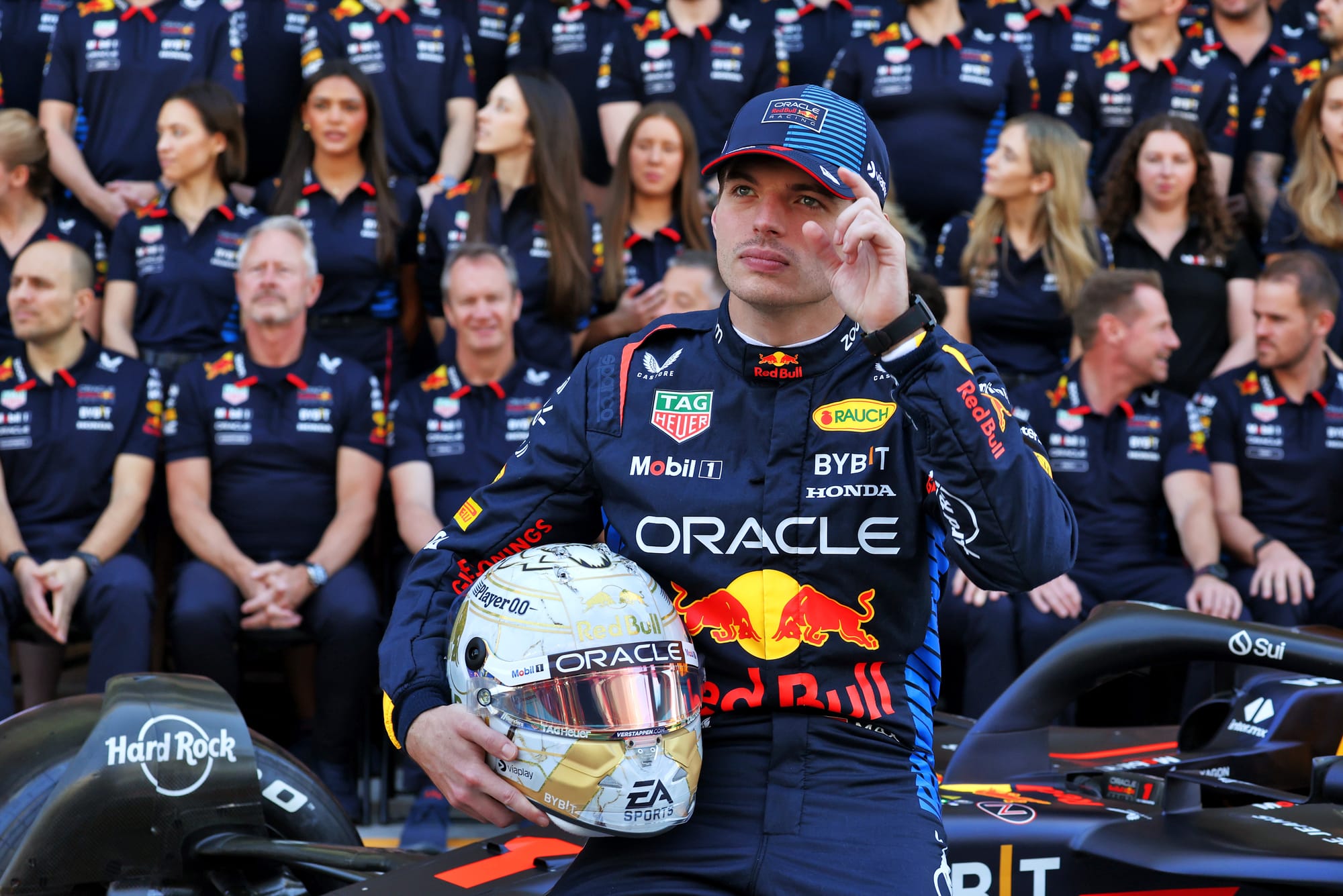
The scenario Red Bull hopes it doesn’t have to prepare for, and publicly continues to insist it doesn’t have to worry about, is life without Verstappen.
“We are very grateful that he's our driver,” said Horner. “And hopefully that will remain the case for many years to come, at least until '28.”
Verstappen’s departure might seem distant in theory. But it’s a reality Red Bull needs to consider.
There was even a point in early 2024 at the height of Red Bull’s internal power struggles when Verstappen hinted he may want to leave if Helmut Marko was ousted. In response, Horner said nobody’s bigger than the team. It’s as close as anyone at Red Bull’s ever come to calling the Verstappens out collectively and saying ‘if you want to leave, there’s the door’.
That’s not the outcome Red Bull will want and another title victory helped kick that can a little further down the road. But it doesn’t cement the relationship longer-term. And Verstappen’s importance to Red Bull has never been greater or more obvious.
Red Bull wouldn’t have won the vast majority of its recent titles without him. Last year it would have been beaten in both contests. The car was not as bad as Sergio Perez made it look at times but only a great driver could achieve what Verstappen did with it.
The year underscored how much Red Bull relies on Verstappen. Which is a reminder that it needs a proper succession plan in mind.
Red Bull’s current driver pipeline has required urgent attention and it lacks a proven superstar capable of stepping in should Verstappen leave.
New team-mate Liam Lawson may show potential, but he is not a surefire frontrunner and, by extension, a reliable championship contender. If Verstappen were to leave on the eve of pre-season, or even in 12 months' time (which is easier to imagine), Red Bull would be in trouble.
Its achievements in this rules era have been extraordinary, up to and including Verstappen’s 2024 title. But the route to its most recent success underlined more than just the classic challenge of staying at the top in F1.
It exposed some specific problems within Red Bull itself. And if the signs this year are that they have not been properly addressed, the temporary reprieve afforded by last year’s celebrations will be ended swiftly.

